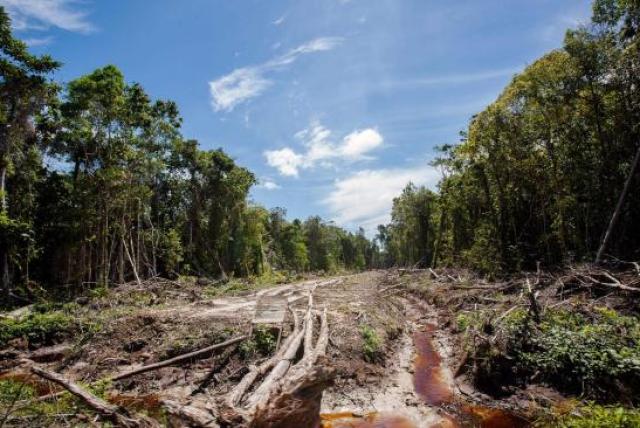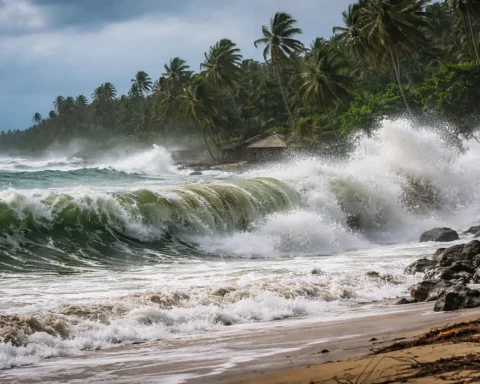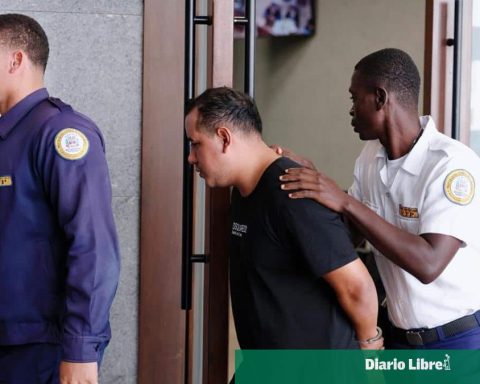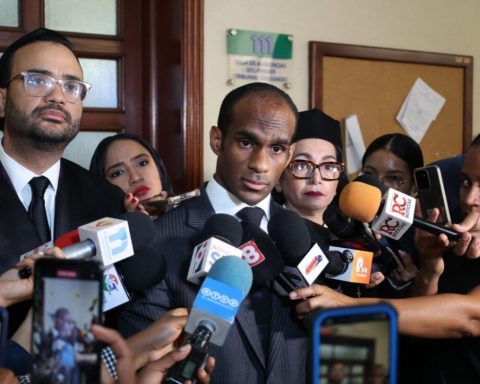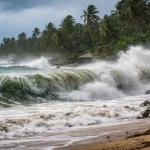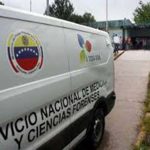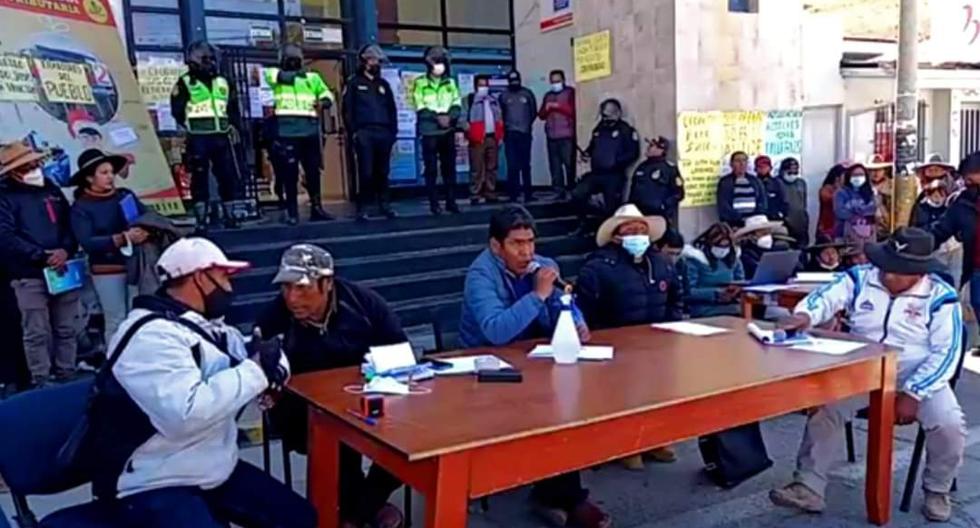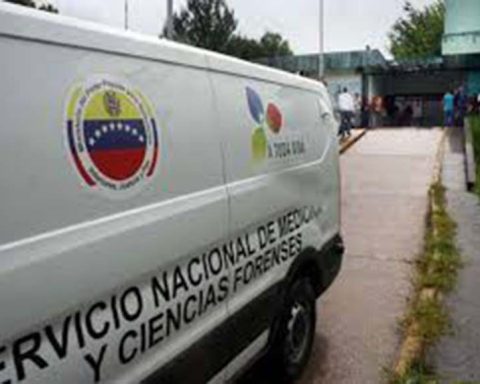Madrid – (EFE).- The catastrophes occurred between 2021 and 2022, they claimed the lives of some 10,000 people and had a cost of 280,000 million dollars, according to a United Nations report, which indicates that environmental disasters are connected but also solutions.
The report “Interconnected Disaster Risks 2021/2022” prepared by researchers from the United Nations University analyzes ten disasters that occurred between 2021 and 2022 around the world and in which economic factors have influenced , political, social or environmental.
“A WIDER GLOBAL PROBLEM”
Among the catastrophes analyzed are: the heat wave in British Columbia (Canada), the earthquake in Haiti, Hurricane Ida, the floods in Lagos, fires in the Mediterranean, food insecurity in Madagascar, the drought in Taiwan, the eruption of the Tonga volcano, the disappearance of the vaquita porpoise and the wandering elephants.
According to the experts, these events were selected for their notoriety and representation of a “wider global problem that has changed or will change lives around the world”, but also identify solutions, which are also interconnected and can be developed to prevent future events or manage problems that have already occurred.
They also point out that in order to understand the “underlying conditions” that caused these disasters, it is necessary to look “below the surface” and identify the factors that caused the catastrophes, and point to problems such as deforestation or urbanization.
And they give as an example what happened in the “devastating” landslides during the earthquake in Haiti, the formation of sandstorms in southern Madagascar and the sedimentation of water deposits in Taiwan.
According to the document, deforestation is caused by “economic interests”, without taking into account the environmental consequences, a fundamental cause defined as “underestimation of environmental costs”.
However, they emphasize that the “driving” factors of catastrophes are made up of “shared deep causes”, such as “economic or political systems”.
From the UN University, the researchers remind that “no one is an island. We are interconnected” and all actions have consequences for humanity.
Therefore, as interconnection increases, so do the risks that are shared and to manage these risks, it is necessary to “understand why and how they are interconnected”.
Only then can adequate solutions be found, because the planet is facing an unprecedented level of extreme events that “affect people – especially the most vulnerable – and nature”, with increasingly frequent and intense phenomena, epidemics and catastrophes of human origin.
EARLY WARNING SYSTEMS AND SUSTAINABLE CONSUMPTION
Among the solutions put forward in the document, it is the improvement of early warning systems that would have reduced the number of fatalities during the British Columbia heat wave, the Tonga volcano tsunami and the Lagos floods.
Likewise, they urge consumption in a sustainable way to reduce the pressure on ecosystems and achieve protection from dangers such as the flooding of Lagos or New York. But, in addition, to manage to preserve water resources and food in times of scarcity, as evidenced by the disappearance of the vaquita marina and the drought in Taiwan.
The report that can be consulted at https://interconnectedrisks.org/ also proposes strengthening governance to increase the capacity of institutions and thus develop initiatives that reduce disaster risk.
To do this, they say, it is necessary to let nature act, including “prescribed burning” to prevent megafires in the Mediterranean, restore forest ecosystems to prevent land degradation as in the earthquake in Haiti, the drought in Taiwan or food insecurity in Madagascar.
Likewise, the regeneration of urban rivers and streams and the application of urban planning that takes into account the risks to reduce flooding, as with Hurricane Ida.
They are, according to experts from the UN University, “measures that take advantage of nature’s processes to reduce dangers.”
Redistributing resources across generations, countries and groups of people with different vulnerabilities or asking for the inclusion of stakeholders who are rarely heard will mean that some will have to share their resources more widely than they currently do, they conclude.
